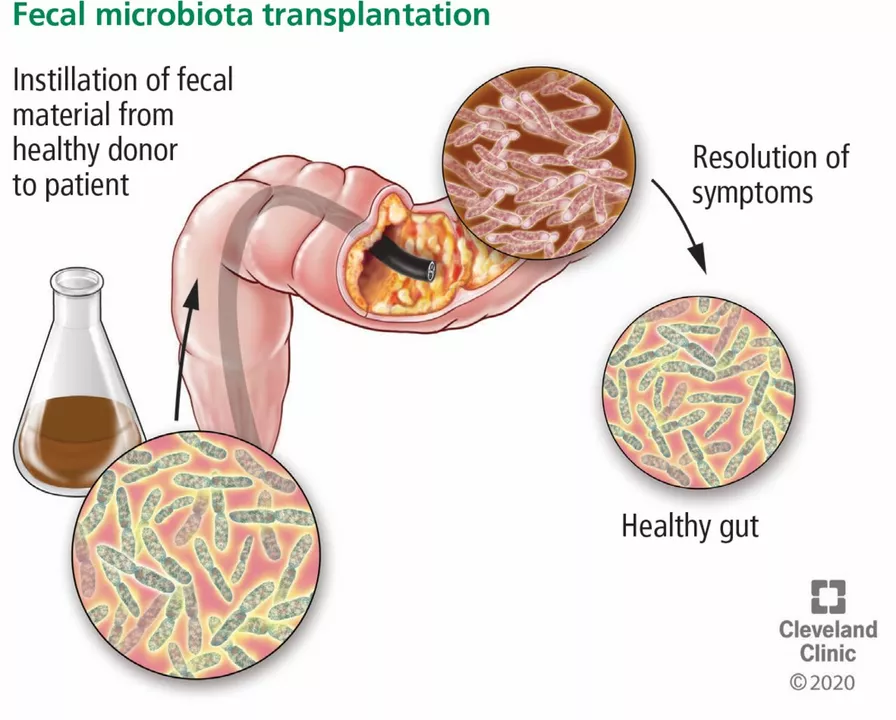Gut microbiota: a practical guide to a healthier gut
Gut microbiota is the community of bacteria, fungi and viruses living in your digestive tract. Think of them as tiny helpers that break down food, make vitamins, talk to your immune system, and influence mood and metabolism. A balanced microbiota makes digestion smoother, reduces bloating, and helps resist infections. When it’s off, you can get gas, irregular bowel habits, skin flare-ups, and even changes in sleep or mood.
You don’t need expensive tests to start helping your gut. Watch how your body reacts to fiber, dairy, and sugar. Frequent bloating after meals, cravings for sweets, or thin stools are clues. If you want more data, stool tests can show diversity and overgrowths, but results vary and treatment should follow a doctor’s advice. Use testing as a tool, not a diagnosis on its own.
Food is the fastest way to shift your microbiota. Eat a variety of high-fiber plants—fruits, vegetables, legumes, whole grains—and rotate them. Aim for 25–40 grams of fiber daily if you can. Add fermented foods like yogurt, kefir, sauerkraut, or kimchi for live cultures. Prebiotic foods—onions, garlic, leeks, asparagus, bananas—feed good bacteria. Cut back on processed foods, excess sugar, and artificial sweeteners; they favor bad actors.
Probiotics can help, but not every supplement works for every person. Look for products with specific strains shown to help your issue—Lactobacillus rhamnosus for some diarrhea, Bifidobacterium strains for bloating, Saccharomyces boulardii for antibiotic-associated diarrhea. Start with a short trial and watch symptoms. If you’re on medication or have a weak immune system, check with your clinician first.
Antibiotics can reset your microbiota in days. Use them only when needed and follow your prescriber’s instructions. Sleep, stress, and exercise matter too—poor sleep and chronic stress lower diversity, while regular movement supports gut health. Simple sleep hygiene, short walks, and stress routines like breathing or brief meditation help more than you think.
Quick changes you can try
Small moves add up. Try swapping a snack of chips for an apple and handful of almonds. Add one cooked vegetable to lunch and dinner. Replace soda with sparkling water and a squeeze of lemon. Try a daily spoon of yogurt or kefir for two weeks. If you take antibiotics, add a probiotic during and for two weeks after (ask your doctor). Track how you feel in a simple note—energy, bowel habits, sleep.
When to see a doctor
Talk to a clinician if you have blood in stool, unintentional weight loss, persistent severe pain, or long-term changes in bowel pattern. Also seek help for frequent antibiotic needs or if a new supplement makes symptoms worse. A doctor can order tests, check for infections, suggest targeted probiotics, or refer you to a gastroenterologist. Don’t wait for symptoms to get worse—early steps are simpler and more effective.
Start small, be consistent, and pay attention. Gut health is personal—what works for one person may not work for another. Small daily habits build real change over months. If unsure, ask a pharmacist or your family doctor for a quick tip.

